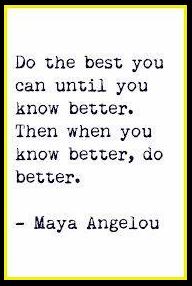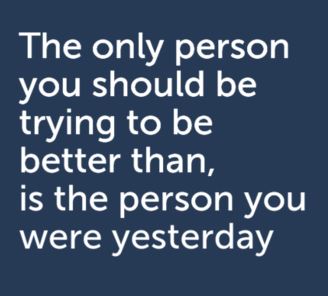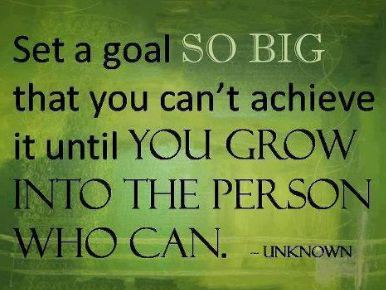 … you can’t learn to sing/play/dance/draw/write
… you can’t learn to sing/play/dance/draw/write
… “people like you” don’t succeed in business
… you’re not a “creative person”
… you shouldnt be wasting your time doing x/y/z
… you’re “not that kind of person”
… it’s too risky
… that “getting fit” is beyond you
… you’re not very good at relationships
… you can’t make/break this habit
… you’re disorganised
… that success means “this” or “that” or “the other” and
… you aren’t the successful type
… you can’t change or you’re too old (or young!)
… that it’s impossible
you get my drift …
If any of these (or similar) strike a chord, then ask yourself this : “Who told me?”
We all carry around a set of beliefs about ourselves which we hold as “True” (consciously and/or subconsciously). The question is “How do you know they are true?”.
Some of our beliefs are, of course, helpful (e.g. protective) and positive. However, we often have a subtle (or not so subtle!) set that are self-limiting and hold us back, suppressing the fulfilment of our potential.
So every now and then it might be a good idea to review your own list of limiting beliefs and ask yourself the “who told me” and “how do I know” type of questions. Drill down and beware of generalisations. How much actual evidence is there which supports the statement?
For example, for “I’m a disorganised person”:
“In what way?”
“In all areas of my life or something in particular?”
“When was the last time I was (even slightly) organised?”,”What happened?”,”What does this tell me?”
“Have I always been like this? If not then when did it start and what was happening?”
(keep going a bit further by adding more of your own Q’s)
“So knowing what I know now, do I still believe that I’m disorganised?”
“Always? Generally? Sometimes?”
If not always then surely the following is true…..
“I have the ability to be organised and some examples to prove it!”
Trying this out can be very revealing.
It’s a good way to start breaking some of those mental chains so we can get ourselves moving forwards in areas that were previously off limits!

 Have you ever been asked that question? I bet many of us have at some point in our lives. It’s often used as an admonishment when someone thinks we might have got too big for our boots!
Have you ever been asked that question? I bet many of us have at some point in our lives. It’s often used as an admonishment when someone thinks we might have got too big for our boots!


 … you can’t learn to sing/play/dance/draw/write
… you can’t learn to sing/play/dance/draw/write How often do you get to the end of the day and ask yourself “What have I done today?” or “What have I achieved?” I can get so busy and preoccupied with “what’s next” that I don’t even ask the question and by the time I do, I struggle to remember!
How often do you get to the end of the day and ask yourself “What have I done today?” or “What have I achieved?” I can get so busy and preoccupied with “what’s next” that I don’t even ask the question and by the time I do, I struggle to remember!